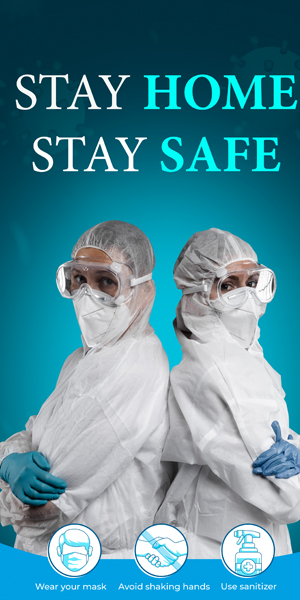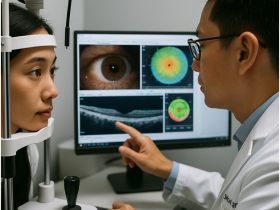Regular health checks are essential for ensuring optimal health. This applies especially to women who may face health challenges or risks that are unique throughout their lifetime. Lifeline Medical Associates is committed to providing preventive care by utilizing regular screenings. These screenings play an important role in the early detection of, prevention of, and management for various health conditions. This helps women to live longer, healthier lives.
Women’s Health: Key Screenings
-
Breast Cancer Testing
Breast cancer, which is among the most prevalent forms of cancer among women, is extremely widespread. Mammograms performed routinely beginning at age 40 are essential for early detection. Mammograms detect tumors that are imperceptible to the naked eye. This may result in improved prognosis and treatment at an earlier stage. Self-examinations are incorporated into breast cancer screening in addition to clinical breast evaluations.
-
Cervical Screening
The prevention of cervical cancer is possible through regular Pap smears as well as human papillomavirus testing. HPV test identifies HPV strains at high risk of causing cervical cancer. Women are encouraged to begin screening at the age of 21 and at intervals that their healthcare provider recommends.
-
Bone Density Test
Osteoporosis is an affliction that causes the bones to weaken, increasing their susceptibility to fractures. Women, especially those postmenopausal, are at an increased risk. A DEXA scan can detect osteoporosis and measure bone strength. This allows for early intervention to stop bone loss. Women over the age of 65 and those with risk factors, including a family background or early menopause, are encouraged to have regular bone densitometry screenings.
-
Cardiovascular Health Screening
Heart disease causes the majority of deaths among women. Regular screenings are important to detect heart disease risk factors. Early detection allows treatment and lifestyle changes that can help prevent or control cardiovascular conditions. Women should start screenings when they are in their 20s. The frequency of these screenings will depend on their health history and risk factors.
-
Colorectal Cancer Screening
For early detection and preventative measures, colorectal screening is critical. Women should begin screening at age 50 or earlier if their family has a history of colorectal. Screenings include colonoscopies and stool tests. These tests are able to detect precancerous polyps and remove them before they become cancerous.
Benefits of regular screenings
-
Early Detection
Early detection is a major benefit of regular screenings. Detecting disease at an earlier stage can result in better outcomes, more treatment options, or even a reduction of the severity. In contrast, breast cancer diagnosed early with mammography has an almost 100{b0648e3e8720c215e6615f0bb865f0e847c4be06d8f163d0ddab8373bf475b69} five-year survivability rate, as opposed to lower rates if detected later.
-
Prevention
Screenings help prevent disease progression or development. In some cases, the removal of polyps detected during a colonoscopy can help to prevent colorectal disease. Heart disease can also be prevented by treating high blood sugar and high cholesterol.
-
Improved Life Quality
Regular screenings maintain a high standard of living by preventing serious medical issues. Early treatment of conditions like osteoporosis and managing cardiovascular risk can prevent crippling fractures.
-
Cost-Effectiveness
The screenings are a cost-effective way to save money, as they reduce the need for costly and intensive treatment for advanced diseases. Early intervention reduces the cost of long-term disability and healthcare.
Lifeline Medical Associates: Committed to Women’s Health
Lifeline Medical Associates has a commitment to women’s wellness, which is demonstrated by comprehensive screening programs customized to meet the needs of each individual patient. The healthcare professionals stress the importance regular screenings. By educating their patients on the risks of cancer and the benefits that early detection can bring, they educate them about the importance of having regular check-ups.
Overcoming Barriers To Screening
Women often face obstacles to screenings, such as lack of information, fear, or difficulty accessing healthcare. Lifeline Medical Associates addresses this issue by educating patients, providing a reassuring and supportive environment, and offering various screening programs.
Conclusion
Routine medical check-options are a vital component of preventive women’s healthcare for women. These screenings can improve the overall quality and health of women because they help detect disease earlier, prevent conditions from progressing further, and enhance their overall well-being. Lifeline Medical Associates is committed to improving the health of all women through screening programs and preventive medicine. Women are encouraged, through regular check-ups and education about recommended screenings, to play a more active role in their care. These proactive actions can lead to living a healthier, more fulfilling, and longer life.








Leave a Reply